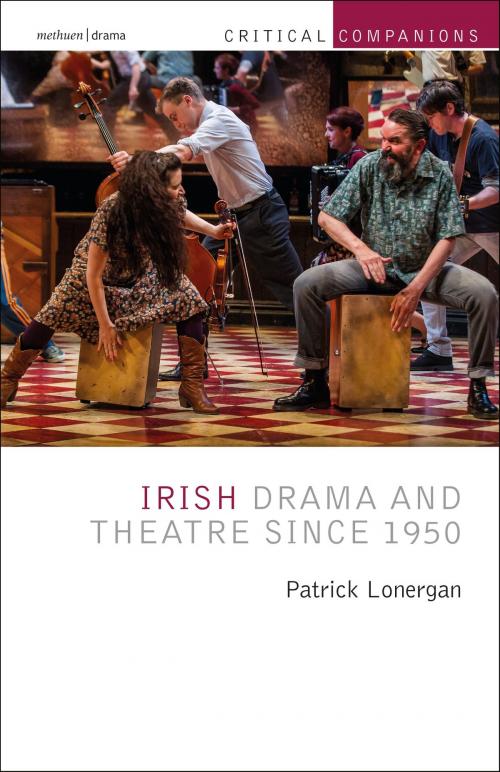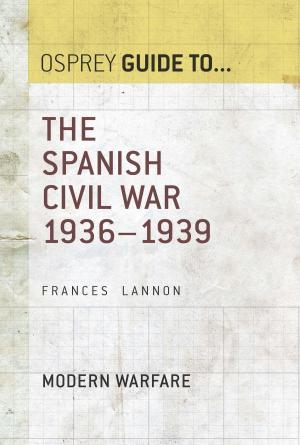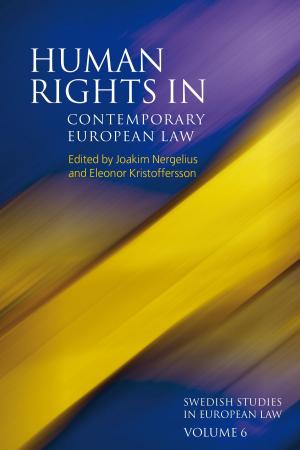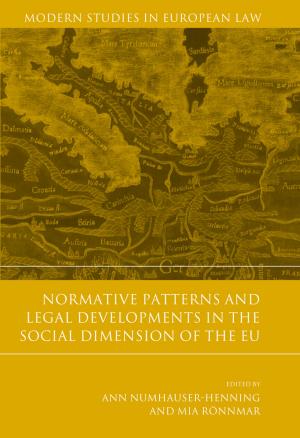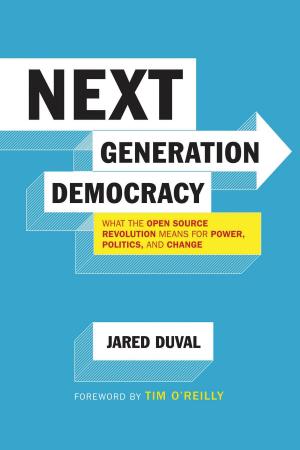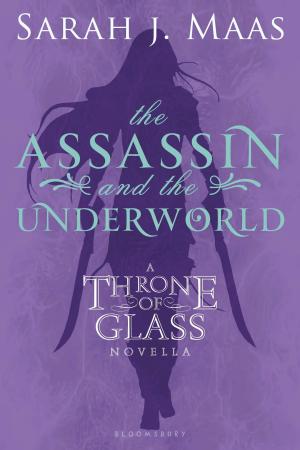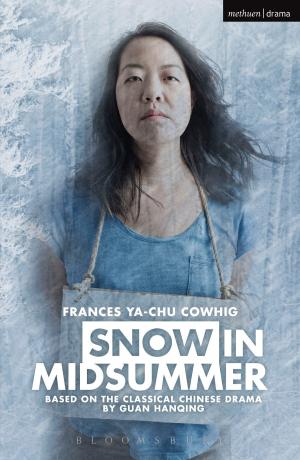Irish Drama and Theatre Since 1950
Fiction & Literature, Literary Theory & Criticism, Drama History & Criticism, British, Nonfiction, Entertainment, Performing Arts| Author: | Patrick Lonergan, Kevin J. Wetmore, Jr. | ISBN: | 9781474262668 |
| Publisher: | Bloomsbury Publishing | Publication: | February 21, 2019 |
| Imprint: | Methuen Drama | Language: | English |
| Author: | Patrick Lonergan, Kevin J. Wetmore, Jr. |
| ISBN: | 9781474262668 |
| Publisher: | Bloomsbury Publishing |
| Publication: | February 21, 2019 |
| Imprint: | Methuen Drama |
| Language: | English |
Drawing on major new archival discoveries and recent research, Patrick Lonergan presents an innovative account of Irish drama and theatre, spanning the past seventy years. Rather than offering a linear narrative, the volume traces key themes to illustrate the relationship between theatre and changes in society. In considering internationalization, the Troubles in Northern Ireland, the Celtic Tiger period, feminism, and the changing status of the Catholic Church in Ireland, Lonergan asserts the power of theatre to act as an agent of change and uncovers the contribution of individual artists, plays and productions in challenging societal norms.
Irish Drama and Theatre since 1950 provides a wide-ranging account of major developments, combined with case studies of the premiere or revival of major plays, the establishment of new companies and the influence of international work and artists, including Tennessee Williams, Chekhov and Brecht. While bringing to the fore some of the untold stories and overlooked playwrights following the declaration of the Irish Republic, Lonergan weaves into his account the many Irish theatre-makers who have achieved international prominence in the period: Samuel Beckett, Siobhán McKenna and Brendan Behan in the 1950s, continuing with Brian Friel and Tom Murphy, and concluding with the playwrights who emerged in the late 1990s, including Martin McDonagh, Enda Walsh, Conor McPherson, Marie Jones and Marina Carr. The contribution of major Irish companies to world theatre is also examined, including both the Abbey and Gate theatres, as well as Druid, Field Day and Charabanc.
Through its engaging analysis of seventy years of Irish theatre, this volume charts the acts of gradual but revolutionary change that are the story of Irish theatre and drama and of its social and cultural contexts.
Drawing on major new archival discoveries and recent research, Patrick Lonergan presents an innovative account of Irish drama and theatre, spanning the past seventy years. Rather than offering a linear narrative, the volume traces key themes to illustrate the relationship between theatre and changes in society. In considering internationalization, the Troubles in Northern Ireland, the Celtic Tiger period, feminism, and the changing status of the Catholic Church in Ireland, Lonergan asserts the power of theatre to act as an agent of change and uncovers the contribution of individual artists, plays and productions in challenging societal norms.
Irish Drama and Theatre since 1950 provides a wide-ranging account of major developments, combined with case studies of the premiere or revival of major plays, the establishment of new companies and the influence of international work and artists, including Tennessee Williams, Chekhov and Brecht. While bringing to the fore some of the untold stories and overlooked playwrights following the declaration of the Irish Republic, Lonergan weaves into his account the many Irish theatre-makers who have achieved international prominence in the period: Samuel Beckett, Siobhán McKenna and Brendan Behan in the 1950s, continuing with Brian Friel and Tom Murphy, and concluding with the playwrights who emerged in the late 1990s, including Martin McDonagh, Enda Walsh, Conor McPherson, Marie Jones and Marina Carr. The contribution of major Irish companies to world theatre is also examined, including both the Abbey and Gate theatres, as well as Druid, Field Day and Charabanc.
Through its engaging analysis of seventy years of Irish theatre, this volume charts the acts of gradual but revolutionary change that are the story of Irish theatre and drama and of its social and cultural contexts.
